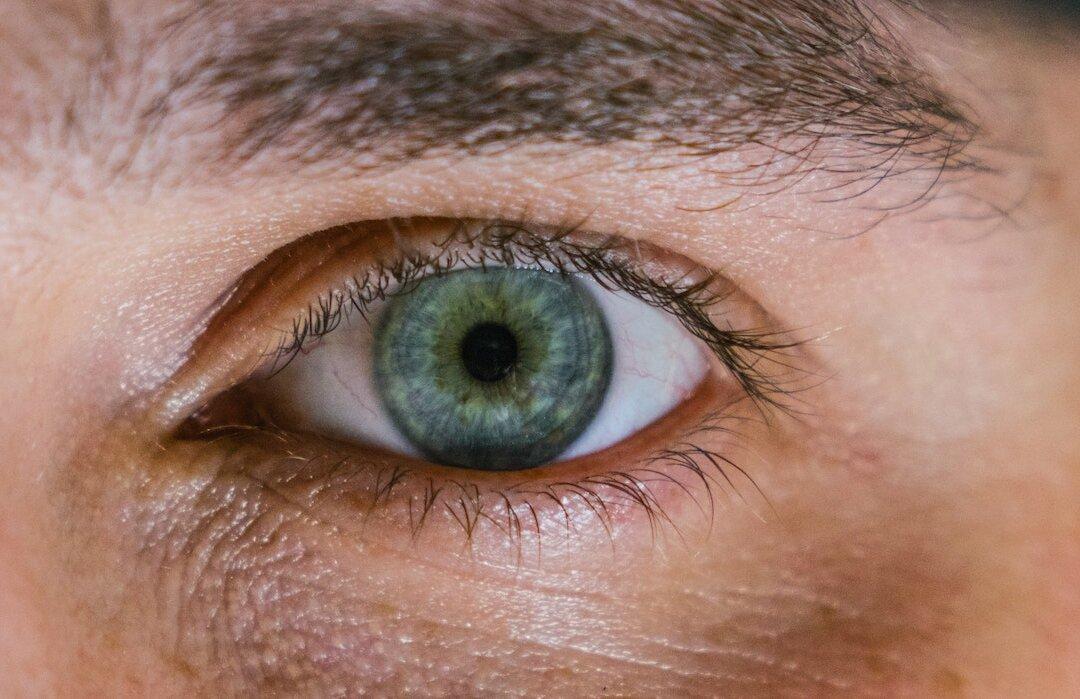The first-ever eye drop approved by the U.S. Food and Drug Administration to combat symptoms of presbyopia, or age-related blurry near vision, is now available by prescription nationwide.
Pharmaceutical company Allergan, owned by AbbVie, announced the development on Dec. 9. The company says its eye drops, “Vuity,” or pilocarpine hydrochloride ophthalmic solution 1.25 percent, is now the only FDA-approved eye drop to manage presbyopia symptoms.





